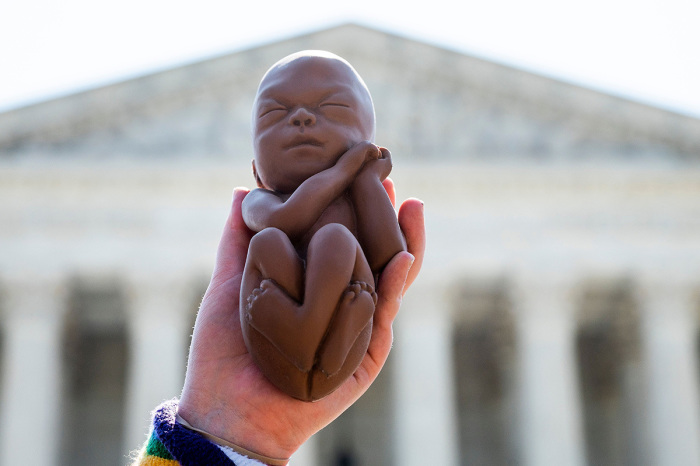
The Wisconsin Supreme Court has narrowly ruled that a near-total ban on abortion passed in the 19th century is no longer valid in light of other abortion regulations passed since then.
Wisconsin’s highest court issued a 4-3 decision Wednesday in the case of Josh Kaul et al. v. Joel Urmanski, et al., which centered on whether a law passed in 1849 prohibiting “the intentional destruction of an unborn child” is still in effect.
Justice Rebecca Frank Dallet, a liberal, authored the majority opinion, writing that “comprehensive legislation enacted over the last 50 years regulating in detail the ‘who, what, where, when, and how’ of abortion so thoroughly covers the entire subject of abortion that it was meant as a substitute for the 19th century near-total ban on abortion.”
By passing more recent laws like the state’s 20-week abortion ban, mandatory ultrasounds and 24-hour waiting period, Dallet contends that state lawmakers had “impliedly repealed” the 1849 law.
“That comprehensive legislation so thoroughly covers the entire subject of abortion that it was clearly meant as a substitute for the 19th century near-total ban on abortion,” she continued. “A statute may be repealed either expressly, by enacting a subsequent statute that repeals the earlier one, or by implication.”
Justice Annette Kingsland Ziegler, a conservative, authored a dissenting opinion, writing that the majority engages in “a jaw-dropping exercise of judicial will” that puts “personal preference over the constitutional roles of the three branches of our state government and upending a duly enacted law.”
“In this dangerous departure from our constitutional design, four members of the court make up and apply their own version of implied repeal, failing to hew to any semblance of traditional judicial decision-making or jurisprudence,” wrote Ziegler.
Ziegler argued that the liberal majority of the state supreme court ruled the way they did because, as part of being elected to their position, they promised to do so.
“Put bluntly, our court has no business usurping the role of the legislature, inventing legal theories on the fly in order to make four justices’ personal preference the law,” she continued.
“The Court did not send the question of abortion policy to state courts to take over where it left off. Abortion policy is for the legislature to decide.”
Wisconsin’s 1849 ban had been in effect until 1973, when the U.S. Supreme Court issued its controversial Roe v. Wade decision, which labeled abortion a constitutional right.
Despite the ruling, the 1849 law remained on the books. When the U.S. Supreme Court overturned Roe in 2022, many argued that the ban again be enforced again.
In 2022, Wisconsin Attorney General Josh Kaul, a Democrat, sued to prevent the ban from again taking effect, while abortion providers in the state temporarily halted services as a precaution.

















